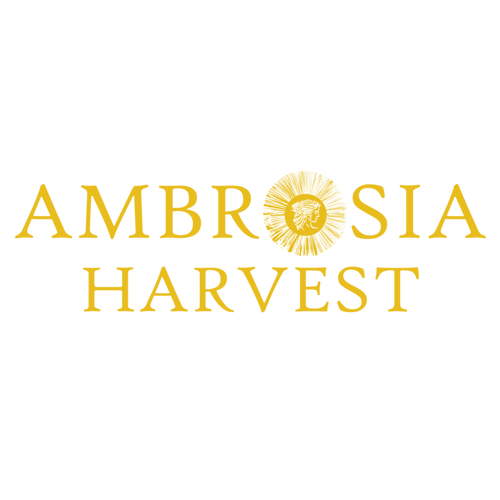Chaga: The Anti-Inflammatory Powerhouse

Benefits of Chaga Fungus (Based on Clinical Trials)
Key Nutritional and Health Benefits:
- Rich in Antioxidants
- Chaga contains high levels of antioxidants, particularly superoxide dismutase (SOD) and melanin, which help neutralize free radicals, potentially reducing oxidative stress and slowing aging.
- Anti-Inflammatory Properties
- Compounds in chaga, such as polysaccharides and betulinic acid, have shown anti-inflammatory effects. These may help alleviate symptoms of conditions like arthritis and other inflammatory diseases.
- Immune System Support
- Chaga contains beta-glucans, which can modulate the immune system, enhancing its ability to fight infections and regulate overactive immune responses.
- Potential Anti-Cancer Properties
- Research suggests that chaga may help inhibit the growth of certain cancer cells. Betulinic acid and other compounds in chaga are believed to contribute to its anti-tumor effects.
- Support for Digestive Health
- Chaga's anti-inflammatory properties may aid in managing digestive disorders such as gastritis and irritable bowel syndrome (IBS).
- Blood Sugar Regulation
- Some studies indicate chaga may help regulate blood sugar levels, making it a potential supplement for managing diabetes.
- Cardiovascular Health
- The antioxidants in chaga may support heart health by reducing oxidative damage to blood vessels and lowering "bad" LDL cholesterol levels.
- Skin and Hair Health
- Chaga's high melanin content and antioxidant properties can promote healthy skin and hair by protecting against UV damage and supporting tissue regeneration.
- Adaptogenic Properties
- As an adaptogen, chaga may help the body manage stress, improve energy levels, and enhance overall resilience to environmental stressors.
Camilleri, E., Blundell, R., Baral, B., Karpinski, T. M., Aruci, E., & Atrooz, O. M. (2024). A brief overview of the medicinal and nutraceutical importance of Inonotus obliquus (Chaga) mushrooms. Heliyon, 10, e35638. https://doi.org/10.1016/j.heliyon.2024.e35638
Zheng, Wei, et al. “Phenolic Compounds from Inonotus obliquus and Their Immune-Stimulating Effects.” Mycosystema, 2008. Accessed at https://oriveda.com/zips/phenolic_compounds.pdf
Zhao, Feng, et al. “Anti-Inflammatory and Antioxidant Activities of the Extracts of the Mycelia of an Edible Medicinal Mushroom, Inonotus obliquus (Ach. ex Pers.) Pilát (Aphyllophoromycetideae).” International Journal of Medicinal Mushrooms, vol. 12, no. 3, 2010, pp. 279–287. https://doi.org/10.1615/IntJMedMushr.v12.i3.80
Chen, Huaihai, et al. “Optimization for Ultrasound Extraction of Polysaccharides from Inonotus obliquus and Evaluation of Its Anti-Oxidant and Anti-Tumor Activities.” Journal of the Taiwan Institute of Chemical Engineers, vol. 41, no. 5, 2010, pp. 703–709. https://doi.org/10.1016/j.jtice.2010.02.006
Zhao, Feng, et al. “Antioxidant, Anti-Inflammatory, and Anticancer Activities of the Endo-Polysaccharide Extracted from Cultivated Mycelia of Inonotus obliquus.” Life Sciences, vol. 79, no. 25, 2006, pp. 2518–2527. https://doi.org/10.1016/j.lfs.2006.07.036
Park, Young Hee, et al. “Anti-Inflammatory Effects of Inonotus obliquus in Colitis Induced by Dextran Sodium Sulfate in Mice.” Journal of Medicinal Food, vol. 22, no. 6, 2019, pp. 611–620. https://doi.org/10.1089/jmf.2018.4330
Kim, Hyung-Min, et al. “Immunomodulatory and Anti-Inflammatory Effects of Aqueous Extracts from Inonotus obliquus.” Journal of Ethnopharmacology, vol. 113, no. 2, 2007, pp. 299–307. https://doi.org/10.1016/j.jep.2007.06.013
- Tags: Chaga
0 comments


